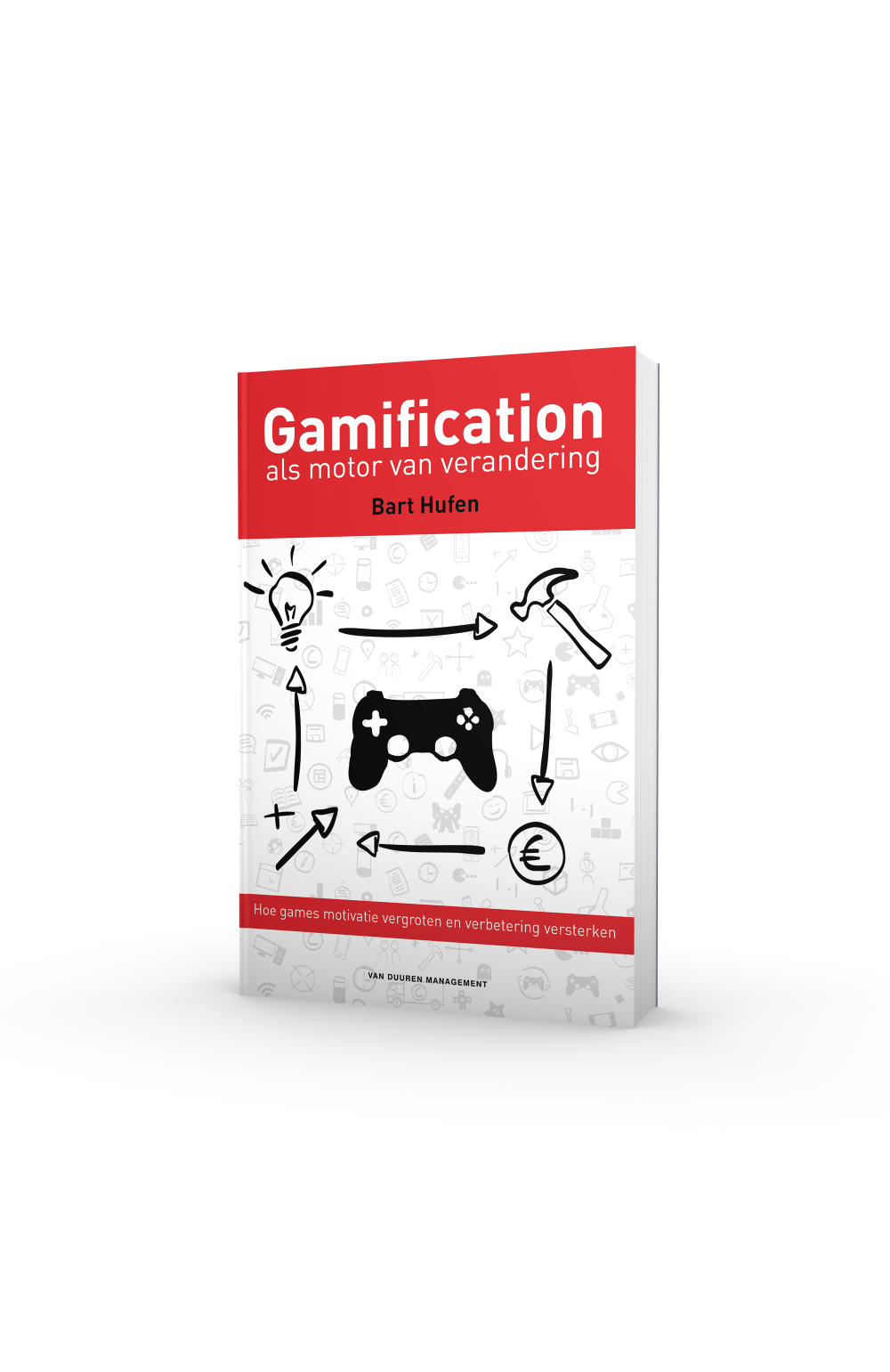Learning Faster by Playing Games?
>Introducing Morten Geertsen – one of my new Bloggers to the Gaming & Branding Universe! This is his first article: a summary of a paper about the effect of serious gaming!
Here’s the article:
Learning Faster by Playing!
I recently stumbled across this study on serious gaming: Transfer of Gaming – Transfer of training in serious gaming. If you are unfamiliar with the term, serious games are games used to teach something to a specific group of people. In other words: a learning tool with serious objectives.
Apparently it seems these days, companies and other institutions have increased their focus on such games. They see it as an attractive alternative to the traditional types of training. Here’s an example: A geography class might fly an airplane over a digital model of the earth to discover the location of various countries. Or a math class has to “catch” the correct answer to a math equation with the mouse. Maybe you remember one or two of such games if you look back at your school years. Also companies train employees by using such games to simulate the environment and real life practices of the work place.
The study answers the question, “Why do people play games?” Well, one major reason has to do with an evolutionary and developmental aspect. During play individuals perform new, unfamiliar activities and while doing this, they learn the “rules of the game”. They develop new skills and learn to adapt to new environments. Another important reason is related to the feeling of reward and being positively stimulated. Remember the rush of adrenaline you get when you score a goal in your favorite sport? This feeling makes us want to play the games because it feels good and is fun: Games for the sake of gaming!
With this in mind, we can see how serious games offer training possibilities for companies. A dynamic, interactive and rich learning environment is created to practice work-specific tasks to learn real life practice. These games give employees the opportunity for memorization, practice and forming elaborate cognitive structures or schema’s. They can be adapted to the individual learning needs and ability levels of learners, and that way offering relevant tasks at a level of desirable difficulty to strengthen the learning process.
The World Bank Institute is making a strong push for bringing Serious Games one step further with two leadership capacity building strategic games.
Companies can pass on knowledge about job tasks in a more stimulating and entertaining way than with traditional training programs. Research shows that games generally increase the motivational level. The games are expected to make employees more perceptive during the learning process, because the training is interesting and different from the usual types of employee training. The above implies that the use of games for training can be asolution for reaching groups of people who are not motivated by more traditional types ofeducation. But by making the employees motivated to learn, they will generally be more perceptive to the learning process. To illustrate this, I’ll quote a part of the actually study:
“In a tank gunnery training, a Space Invaders game is implemented as a bonus scenario. This requires the learners to perform their training tasks at ever increasing speed. As they like to play the Space Invaders game so much they are willing to spend their own time in the simulator and improve their skills beyond the training goals. It is also imaginable that players become so involved in a game that they start to explore other information or task elements related to the domain the game is set in.”
However, far from all such games are successful at transferring a recent amount of work knowledge to the employees. What makes some serious games successful in this regard?
Well, it is essential that the employees can see the similarity between the skills, knowledge and attitudes acquired by playing a game and challenges in real life. This mostly depends on what game industry specialist’s calls fidelity: To what extent a simulation looks and feels like tasks in real life in terms of physical measurable characteristics. Some games have almost no resemblance to reality and users playing them will only improve their ability to play that particular game. It will have no direct effect on the employees’ work skills. However, when having a strong focus on realistic, authentic practice, serious games are seen as powerful tools to strengthen the learning value and increase learners’ motivation to practice.
Companies might run into trouble when developing successful serious games. Not all tasks can be adequately converted into a game. Managers will have to identify the specific types of tasks, which have to be trained. Which skills to such tasks require? Can these skills be effectively trained in the game? Based on the knowledge about employees’ performance and learning processes, it will be possible to identify types of tasks that are better suited to train using game-based technology.
The study shows that serious gaming should be seen as a promising substitute for training. The amount of companies using serious games indicates the same. The games ensure that the employees are easily attracted to playing a game, are motivated to continue playing, and as a result: Learn! The entertaining qualities of serious games make employees more receptive to the learning process. Gamers typically emphasize the fun, engagement and flow aspects* of successful serious games. So although there might be barriers in successfully implement serious games into the workplace practice, the advantages make them a worthy alternative to traditional training programs that seem unattractive or expensive.
* The flow theory is explained in Bart Hufen’s book ‘A Brand New Playground’, which you can download HERE (link to www.brandnewplayground.com )





leave a reply
you must be logged in to place a comment.